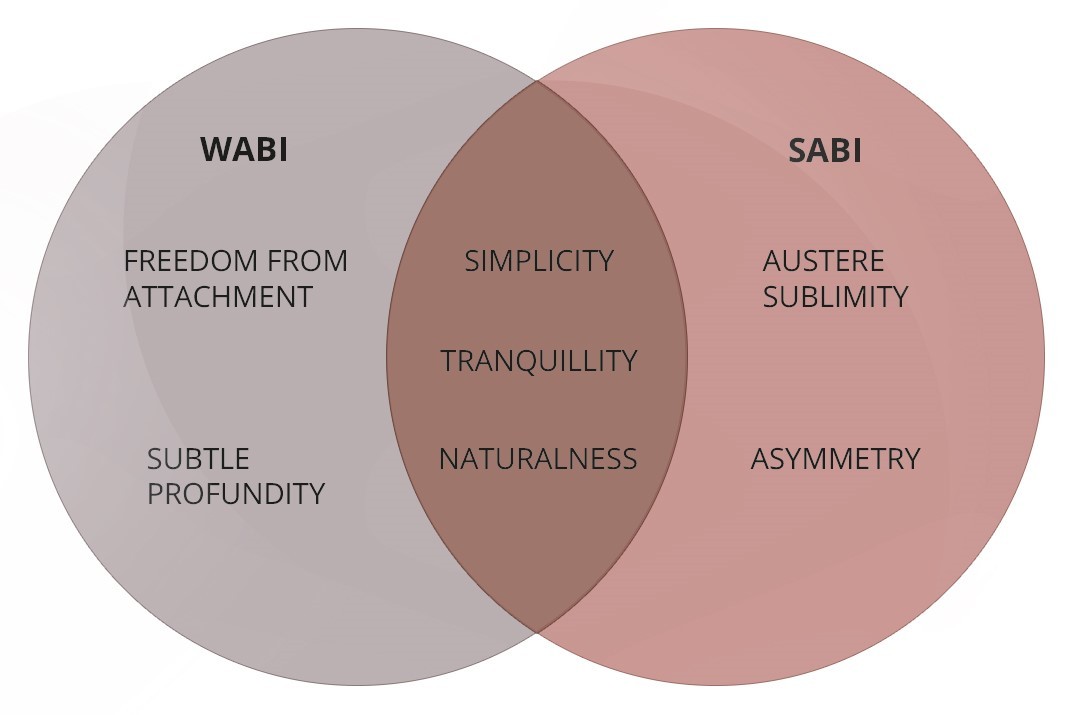Wabi-sabi is a Japanese concept that shows us the beauty of the fleeting, changeable, and imperfect nature of the world around us. Instead of searching for beauty in perfection, we should look for it in things that are flawed, incomplete.
Francesc Miralles • Ikigai: The Japanese Secret to a Long and Happy Life

